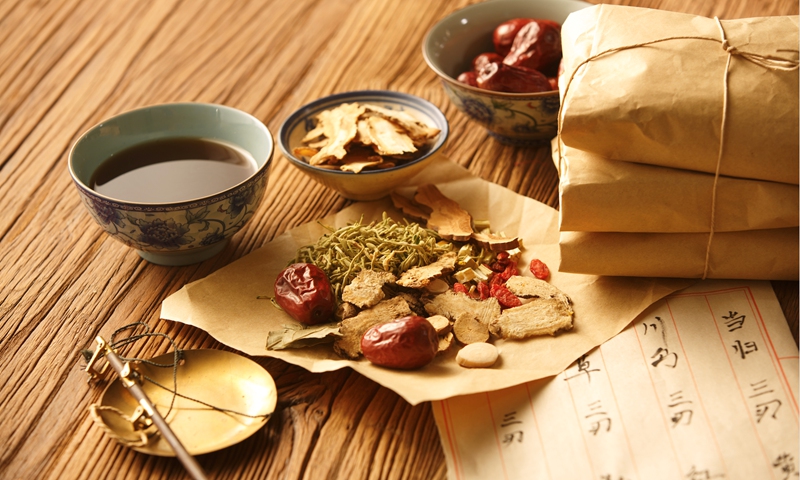A child named “Xiao Ming” was diagnosed with adenoid hypertrophy due to frequent snoring, mouth breathing during sleep, and a nasal tone when speaking. Xiao Ming’s parents decided to take him to the hospital for surgical treatment to improve his symptoms.
During the surgical procedure, the doctor performed an adenoidectomy on Xiao Ming under general anesthesia using nasal endoscopy. However, Xiao Ming did not wake up immediately after the surgery. The doctor informed Xiao Ming’s parents that the surgery was successful, but Xiao Ming experienced some complications post-surgery. He was admitted to the intensive care unit and later diagnosed with mixed-type cerebral palsy, sequelae of ischemic-hypoxic brain disease, and symptomatic epilepsy.
Recently, the parents of a three-year-old child approached me, stating that their child breathes through the mouth at night, snores, has nasal congestion, frequently catches colds, coughs, is a picky eater, prefers meat, has dry stools, lacks concentration, is hyperactive, feels cold, wakes up with a sour odor in the mouth, rarely kicks off the blanket in winter but tends to do so in hot weather, has slightly yellow urine, normal weight, and has had weak digestion since childhood. The tongue shows redness with a white, thick, and greasy coating at the root. The diagnosis was “adenoid hypertrophy,” and the syndrome was identified as “phlegm-dampness obstruction.”
The treatment involved a combination of oral administration of traditional Chinese medicine (TCM) decoctions and external TCM therapies. After a period of treatment, the child’s symptoms significantly improved. Snoring decreased, and breathing became smoother. After continuing the original prescription for half a month, all symptoms of the child disappeared. Follow-up examinations revealed that the adenoid hypertrophy in the child had essentially disappeared.
TCM treatment for adenoid hypertrophy has demonstrated certain efficacy. TCM categorizes adenoid hypertrophy as “phlegm-dampness obstruction” and uses a combination of oral administration of TCM decoctions and external TCM therapies. The herbs in the TCM decoctions work to clear heat, detoxify, remove dampness, and activate blood circulation. Acupuncture helps open meridians, harmonize qi and blood, while external application of herbal medicine directly targets the affected area. Comprehensive treatment can improve the child’s symptoms and even eliminate adenoid hypertrophy.
